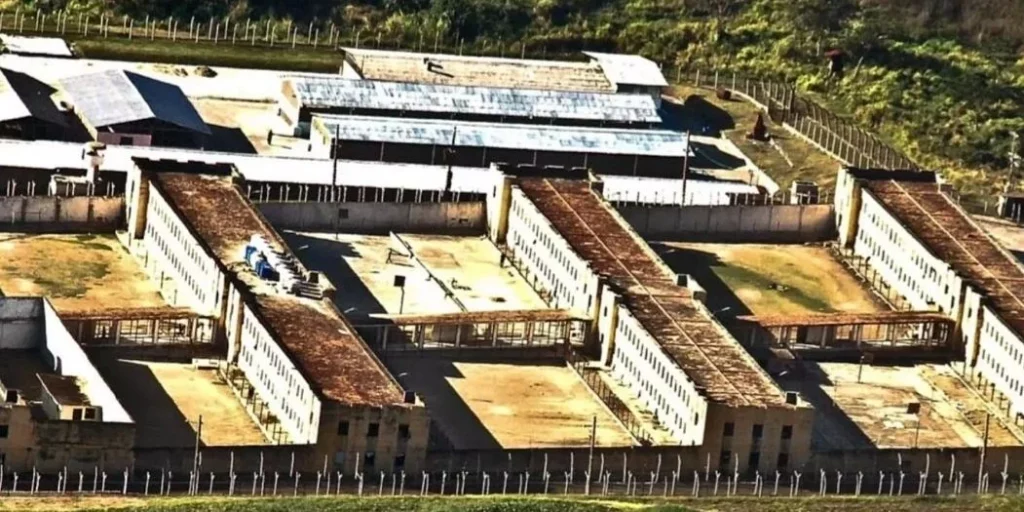What do investors see in Cetes?
“I have invested in Cetes since this year because they gave very good rates, higher than many (investment) funds, and because of the lower risk it may have. I feel that they are good savings for the future,” Sofía told Expansión.
“It is a tool that allows me to have money available without losing its purchasing value,” said Lizbeth, who admitted that unless there is an abrupt change in interest rates, she would consider her investments in these government securities.
“I have left my money for up to two years and I have liked the returns. If I could I would leave them for up to 10 years, except that I like to spend and I have not achieved it,” Luz added.
The three professionals are part of the Mexicans who have promoted investments in Cetes in recent years and who have little by little narrowed the gender gap in this segment.
The Mexican government is the big winner, as it has managed to capture the money of a segment of the population that could not decide where to allocate part of their income to invest safely.
Starting in December, CetesDirecto raised the minimum amount to participate in the Recurring Savings program and to make automatic direct debit charges it will increase from 100 to 300 pesos. In addition, the minimum investment term to acquire Cetes under this policy will change from 28 to 90 days. This means that investors will have to commit their capital for longer periods, with the aim of aligning policies with more robust financial practices.
“Now that the rules have changed, I see it as an incentive to leave the savings untouched for longer. I plan to leave them for at least two years, to see how much it comes together and from time to time add a little extra wool,” said Marco, who invests in Cetes since February 2023.
The Cetes boom
Below we show you in graphs how the evolution of the Cetes has been in the last 12 years.
The number of contracts managed by CetesDirecto has shown very strong growth.
Young Mexicans are the main individual investors in these instruments.
The Mexican government is the big winner, as it has managed to get investors to lend it more money.
Women have gained greater participation as investors compared to men.
The Cetes yields more than double inflation, which is currently at 4.5%, according to Inegi.















